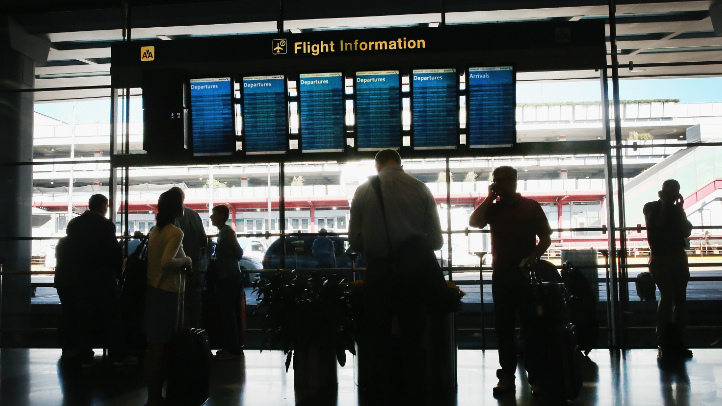With time running out – the Illinois General Assembly is set to conclude the legislative session at the end of the month – the pressure is on to reach a budget compromise.
Republican State Sen. Bill Brady, once a candidate for governor himself, is taking a the lead role in brokering a deal.
"We have come a long way and we know where each other stand," Brady told NBC 5 on Sunday.
Brady has been meeting with Senate President John Cullerton, and while he said "we're not there yet; we are closer to a comprehensive plan that lays it all out," more lawmakers now believe a vote will be taken on the Senate’s so-called “Grand Bargain” before the May 31 deadline. After May 31, lawmakers would need a three-fifths majority to pass the bill, rather than a simple majority.
Brady is working closely with Governor Bruce Rauner's staff, and while the GOP may have enough votes to accept the income tax hike, issues like a property tax freeze and workers compensation reforms – that have been Rauner's “must-haves” – are not yet settled.
Why might there be a break in the impasse? The governor's re-election is taking center stage, and his inability to reach a budget deal, according to several Springfield sources, has made Rauner "desperate for a deal."
At the same time, sources also used the same "desperate" description when noting that Cullerton and House Speaker Mike Madigan are hearing from progressive Democrats who are frustrated by the nearly two-yearlong impasse.
Local
Earlier this spring, talks for the Senate’s “Grand Bargain” broke down and an expected vote in March didn't take place. Even if it clears the Senate, any budget bill will also need approval from the Illinois House.
While the latest details of this version of a budget compromise have not been released, the proposal this spring included an income and corporate tax hike, as well a potential expansion of the sales tax on services, as well as borrowing to pay down the state's unpaid bills and contributing more than $200 million to Chicago Public Schools pension funds.



